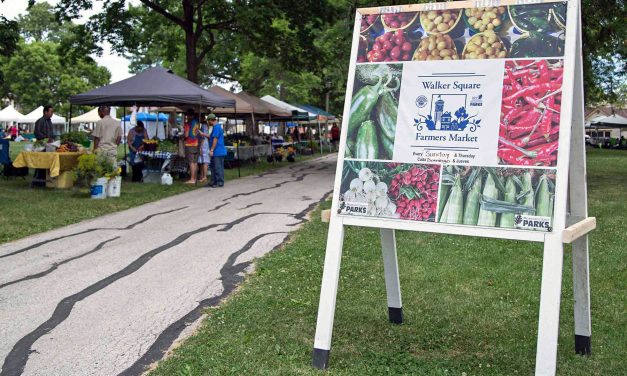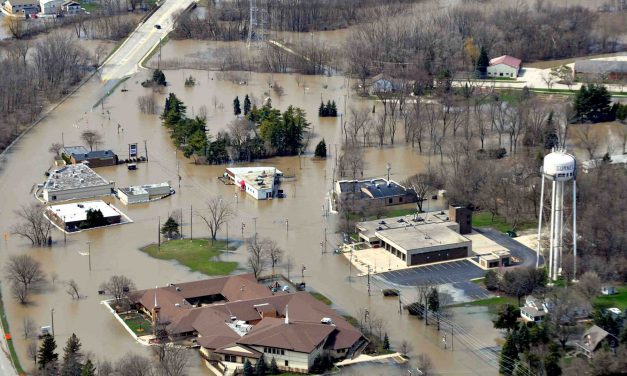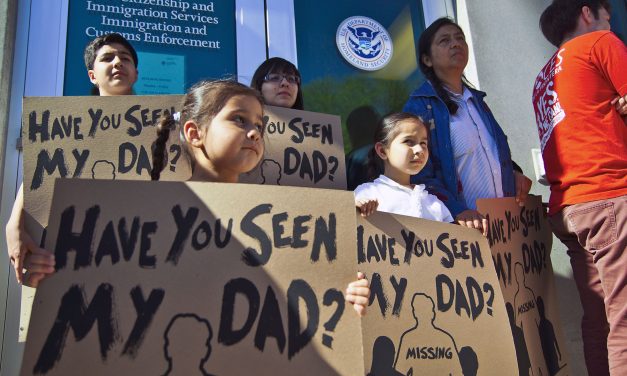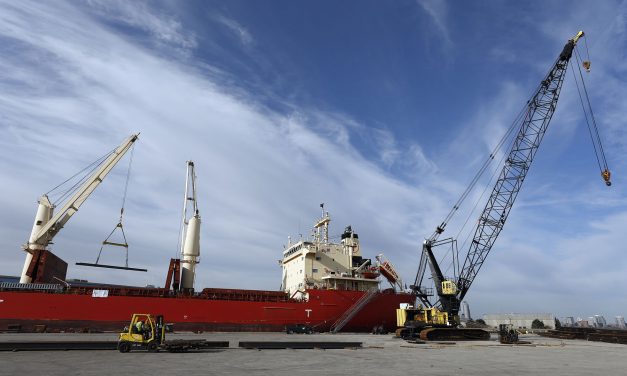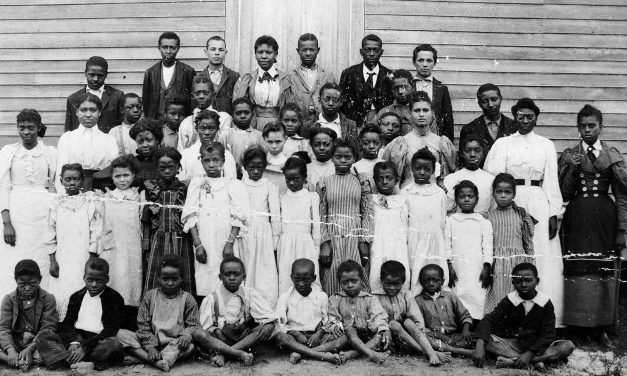Offering a “Taste Of Place” puts Farmers Markets in competition over locally sourced food
Farmers markets provide many benefits for communities of all sizes. They offer a physical location for people to connect with their neighbors, access farm-fresh and healthy foods, and learn more about how food is grown. In addition, farmers’ markets help generate economic activity at local businesses and may attract tourists looking for a special “taste of place.” Perhaps most importantly, farmers’ markets provide an opportunity for small and medium-sized farms to reach consumers directly and retain a larger share of profit from their products’ sales. Around the nation, farmers’ markets are on the rise. The U.S. Department of Agriculture...
Read More
